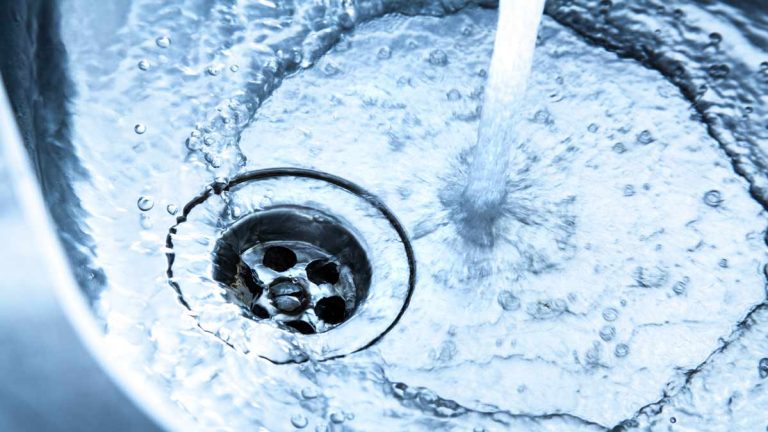Pennsylvania to test 350 water systems for PFAS contamination
By Peter Chawaga | Water Online | May 15, 2019

Read the full article by Peter Chawaga
“This month, Pennsylvania will begin sampling more than 350 public water systems in an effort mandated by the Department of Environmental Protection (DEP) to curb per- and polyfluoroalkyl substance (PFAS) contamination…
“State scientists hope to gather ‘enough information to be able to tell whether or not we have a problem across the entire state,’ Lisa Daniels, director of DEP’s Bureau of Safe Drinking Water, said,” per Philly.com. ‘The plan targets systems that draw water from sources near airports, military installations, fire training schools, landfills, and Superfund sites.’
The ingestion of PFAS through drinking water has been linked to cancer and other serious health consequences. Pennsylvania has identified 493 public water systems that are located within half of a mile of potential PFAS contamination sources, according to Philly.com.
While state officials haven’t released a list of the specific systems that will be tested — because that list may change over the course of the effort — DEP did indicate that results will be released to water suppliers and the public, probably on a quarterly basis.
‘If water systems are found to have chemicals above the current EPA health advisory level of 70 parts per trillion, the DEP will notify the water supplier, require public notification for water customers, and require remediation or treatment of the water supply,’ Philly.com reported.
Pennsylvania is one of a handful of states that have wrestled with PFAS problems and grown impatient with the EPA’s seemingly slow process for instituting stricter regulations…
And Pennsylvania is not the only state moving forward with such a plan in lieu of more aggressive action from the EPA. North Carolina’s Department of Environmental Quality is now requiring 25 municipalities in the Cape Fear River Basin to begin monthly monitoring for PFAS and 1,4-dioxane, another potentially cancer-causing chemical…
To read more about how municipalities are working to regulate PFAS contamination, visit Water Online’s Drinking Water Regulations And Legislation Solutions Center.”
This content provided by the PFAS Project.
Location:
Topics: